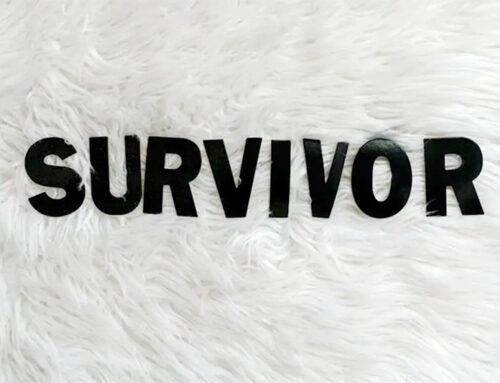Recovering from Narcissistic Abuse: Reclaiming Your Identity with Professional Guidance for Recovery

By Brenda Stephens, LPCC
Recovering from Narcissistic Abuse: Reclaiming Your Identity with Professional Guidance for Recovery
Introduction
Narcissistic abuse is a deeply traumatic experience that can leave lasting scars on a person’s self-esteem, mental health, and overall well-being. Victims of narcissistic abuse often find themselves stripped of their identity, constantly doubting their worth, and struggling to regain their sense of self. However, there is hope for recovery, and seeking professional help is crucial to healing and reclaiming your identity.
Understanding Narcissistic Abuse
Narcissistic abuse occurs when an individual with narcissistic personality traits manipulates, controls, and emotionally exploits their partner or loved ones. These individuals often display grandiosity, lack empathy, and use gaslighting and manipulation tactics. Victims of narcissistic abuse may endure psychological, emotional, and even physical harm, leading to a profound sense of confusion, self-doubt, and isolation.
The Impact on Identity
One of the most devastating consequences of narcissistic abuse is eroding a person’s identity. Victims often lose sight of who they are, as the narcissistic abuser continuously undermines their self-worth and autonomy. They may become isolated from friends and family as the abuser seeks to control every aspect of their lives. Over time, the victim’s self-esteem and self-confidence may plummet, leaving them feeling like a mere shadow of their former selves.
The Importance of Seeking Professional Help
Recovering from narcissistic abuse is not a journey one should undertake alone. While the support of friends and family is invaluable, seeking professional help is often the most effective way to regain your sense of self and heal from the trauma. Here’s why it’s crucial:
Expert Guidance: Therapists and counselors specializing in narcissistic abuse understand the complexities of the trauma. They can provide tailored guidance and strategies for coping with the emotional aftermath.
Validation and Empowerment: Professionals can validate your experiences and help you recognize that you are not to blame for the abuse. They empower you to regain control of your life and make decisions that prioritize your well-being.
Trauma Processing: Narcissistic abuse is a form of psychological trauma. Therapists are trained to help you process this trauma in a safe and supportive environment, allowing you to work through your feelings and emotions.
Rebuilding Self-Esteem: Therapy can help you rebuild your self-esteem, self-worth, and self-identity. You’ll learn to set healthy boundaries and rediscover your strengths and values.
Support Network: In therapy, you’ll find a supportive network that understands your struggles. You’ll gain insights from others on similar journeys, fostering a sense of community and belonging.
Reclaiming Your Identity
Recovery from narcissistic abuse is a process that involves rediscovering who you are and rebuilding your life on your terms. Here are some steps to help you reclaim your identity:
Self-Care: Prioritize self-care routines that promote physical and emotional well-being, such as exercise, meditation, and journaling.
Set Boundaries: Establish clear boundaries to protect yourself from further harm and allow yourself to grow in a safe space.
Seek Professional Help: Reach out to a therapist or counselor specializing in narcissistic abuse for personalized support.
Reconnect with Your Passions: Revisit activities and interests that once brought you joy to rediscover your passions and hobbies.
Surround Yourself with Support: Lean on a supportive network of friends, family, and professionals to provide encouragement and validation.
Conclusion
Recovering from narcissistic abuse is a challenging but achievable journey. Reclaiming your identity is possible with the proper guidance and support. Seeking professional help is critical in this process, as trained therapists can provide the tools and insights you need to heal and rebuild your life. Remember, you are not alone on this journey; there is hope for a brighter, more authentic future.
If you or someone you know is struggling with narcissistic abuse, don’t hesitate to contact the experienced therapists at Stephens Therapy Associates. We are here to support you on your path to healing and self-discovery. You deserve a life filled with happiness, empowerment, and a renewed sense of identity.








